DePaul College of Law Professor Barry Kellman | LinkedIn / Barry Kellman
DePaul College of Law Professor Barry Kellman | LinkedIn / Barry Kellman
A group of 65 second and third year law students at DePaul University College of Law have signed a letter urging the administration to reverse its decision that denied Professor Barry Kellman a medical accommodation to teach remotely this fall, citing serious concerns for his health and safety.
Kellman, a faculty member since 1989 and internationally recognized expert in weapons control and international law, has undergone a bone marrow transplant and is severely immunocompromised.
According to the student letter, in-person teaching poses life-threatening risks due to Kellman’s medical condition, which makes him vulnerable to infections, even from routine classroom exposure.
“Professor Kellman has documented medical conditions resulting from a bone marrow transplant that make in-person teaching extremely dangerous,” the letter reads.
“Walking from the train platform to the law school, climbing stairs, or even prolonged lecturing through a mask with supplemental oxygen pose severe risks to his health. Even more critically, his compromised immune system means that exposure to viruses in crowded spaces, such as classrooms or elevators, could result in pneumonia, hospitalization, or worse. Forcing him into this situation does not just jeopardize his well-being, it jeopardizes his life.”
The students argue that DePaul's refusal to allow Kellman to teach via Zoom, a format he has successfully used in past semesters, “[...] is not an abstract administrative matter; it is a life-threatening health issue,” the letter reads.
The decision to deny Kellman’s accommodations has puzzled his students given that during the pandemic DePaul prioritized “classroom safety” by moving courses online while enforcing masking until late March 2022. Along with extended social distancing, both measures were maintained longer than most universities despite scientific evidence showing masks are ineffective and that there's no scientific basis for social distancing.
The university’s refusal to provide accommodations for someone facing serious health risks appears to contradict its prior actions.
The issue was brought to the attention of Dean Geoffrey Rapp and the Office of Human Resources.
In an Aug. 22 email response to student Abbey Vinisky, Rapp, who noted his preferred pronouns in his email signature, acknowledged the students’ concerns but stated that the course formats for Environmental Law and International Criminal Law, both taught by Professor Kellman, had been designated as in-person since March and would remain so.
“Those format choices were the product of established course scheduling and assignment procedures,” Rapp wrote. “The College of Law does not plan to initiate a change in the format of either course.”
Vinisky, a second-year law student and staff member of the DePaul Law Review, was one of the organizers of the student letter and responded sharply.
In an email reply to Rapp, she called the administration’s stance “indefensible.”
“It is effectively risking a man's life for no reason, especially when other classes at the law school are already being offered in remote or asynchronous formats,” Vinisky wrote. “Clearly, this is not a hardline rule, and there is no justification for denying an accommodation where the consequences are so grave.”
Vinisky also pushed back against any implication that their support for remote instruction compromises academic standards.
"We pay significant tuition and take our education very seriously—if there were any concern about the caliber of instruction, we would raise it,” she wrote. “There is simply no academic benefit to forcing him into a classroom environment that endangers his health, and the cost of doing so is unacceptably high."
Kellman, who served as the 2014 Fulbright Distinguished Chair in Public International Law, has spent over two decades advising the United Nations, the U.S. government and international organizations on matters of global security and nonproliferation.
His scholarship is widely recognized, and in their letter, the students described themselves as “extraordinarily fortunate” to have learned from him.
“As members of this community, we must also emphasize that this decision is inconsistent with DePaul’s Vincentian values of compassion, dignity, and care for others,” the letter reads. “Respecting human dignity includes protecting the health and safety of our faculty. Compassion requires prioritizing life and well being over rigid administrative decisions.”
The letter concludes by urging immediate reconsideration of the decision.
“The consequences of inaction could be irreversible,” the student letter reads.
Vinisky indicated that if the administration fails to act, they are prepared to escalate the matter beyond the College of Law.
“If no action is taken, we will have no choice but to take this matter further,” Vinisky said. “We would much prefer to resolve this directly within the College of Law, but Professor Kellman's health and life are too important for students to accept silence or inaction.”
Signees of the letter did not respond to request for comment by Chicago City Wire at press time.
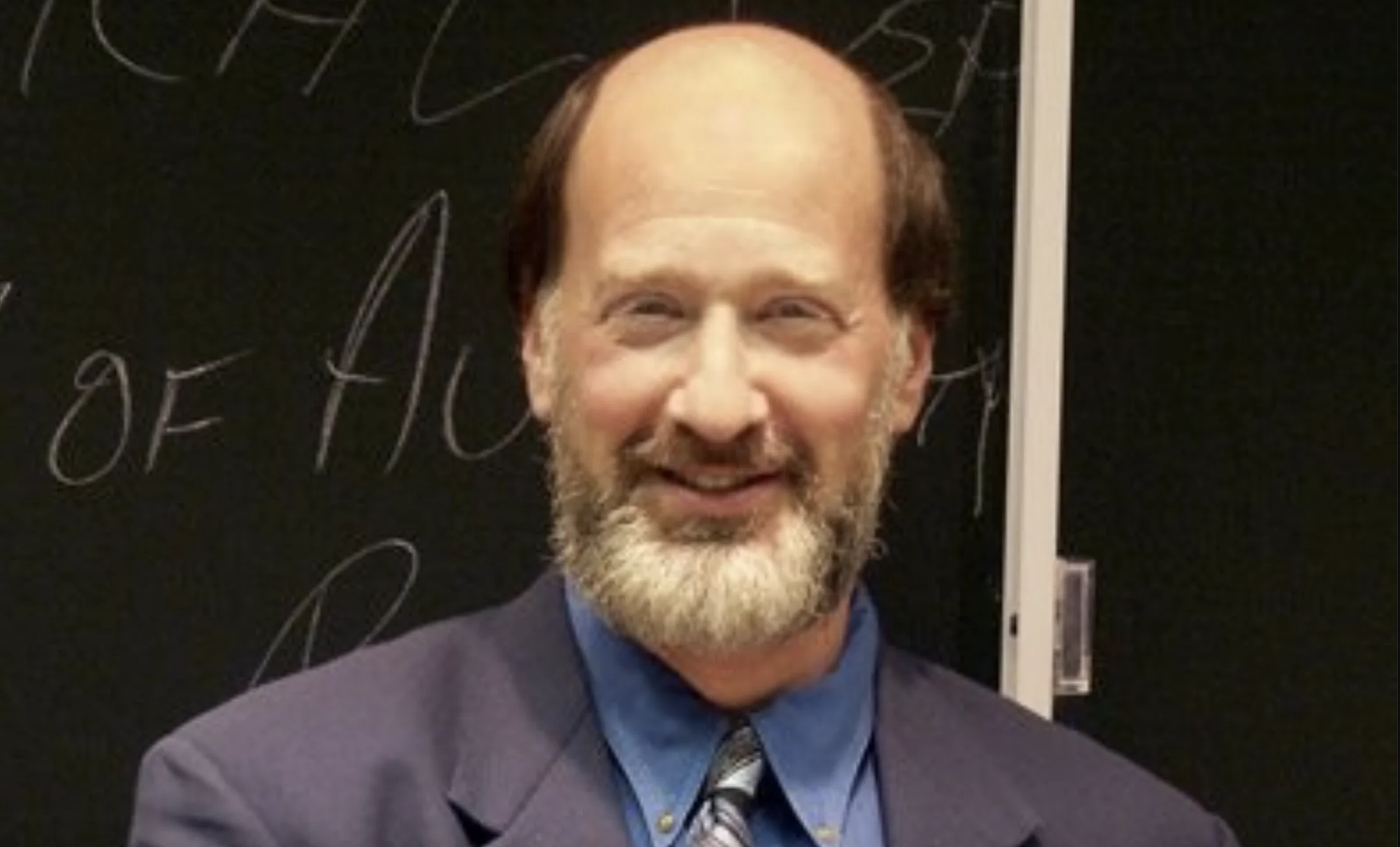
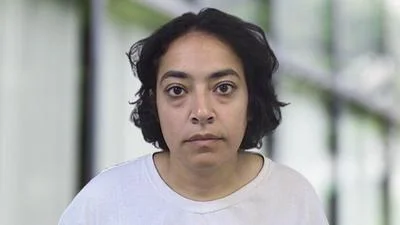
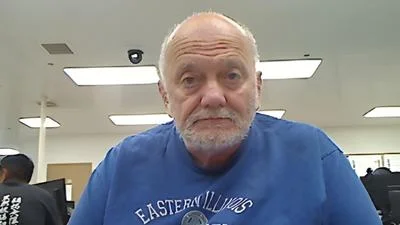
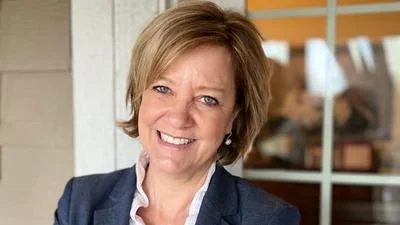
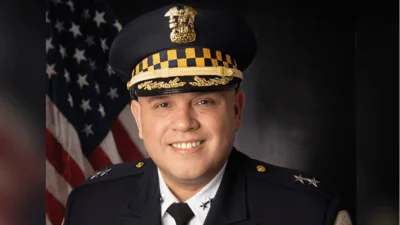
 Alerts Sign-up
Alerts Sign-up